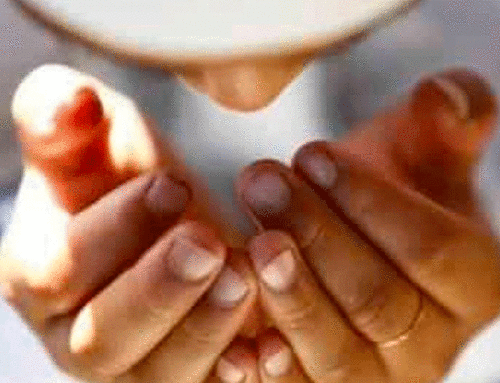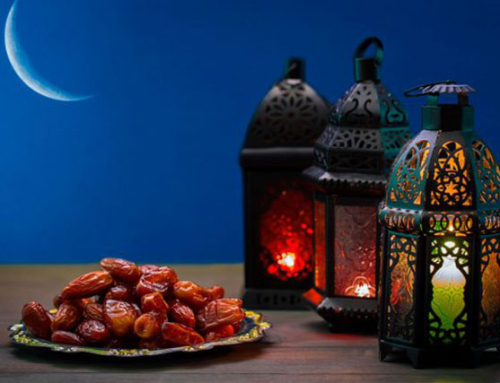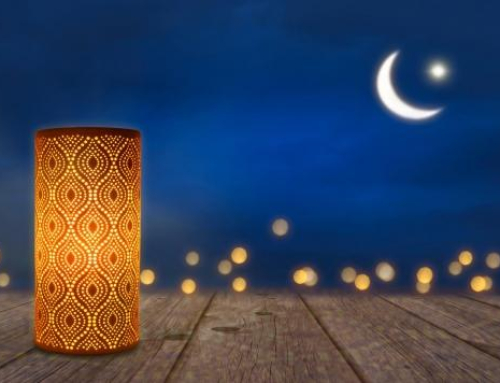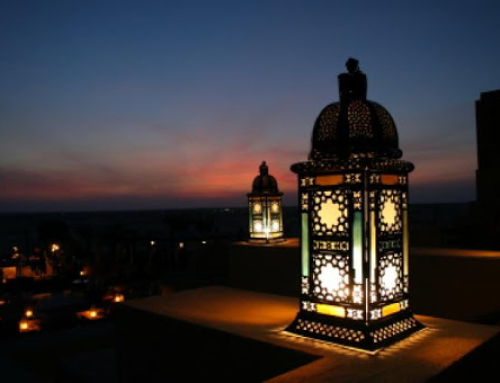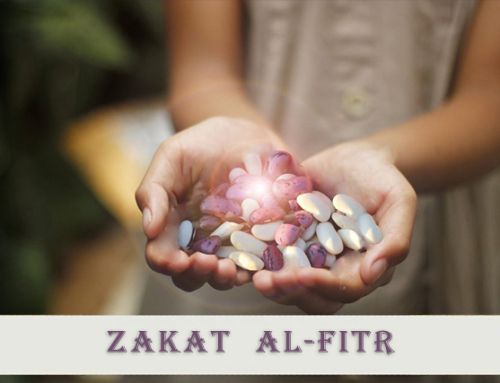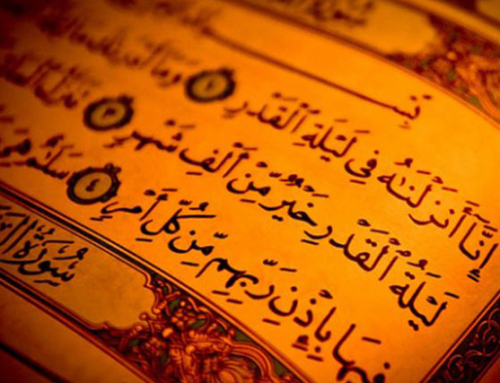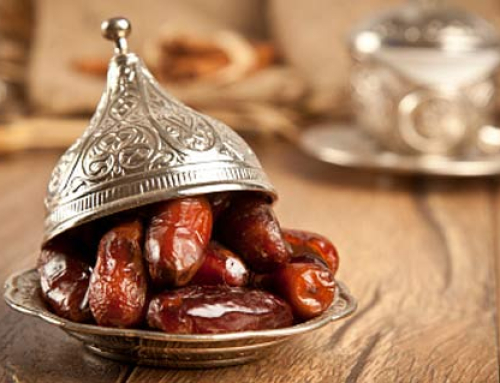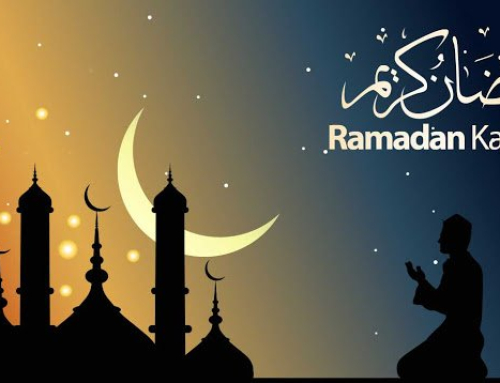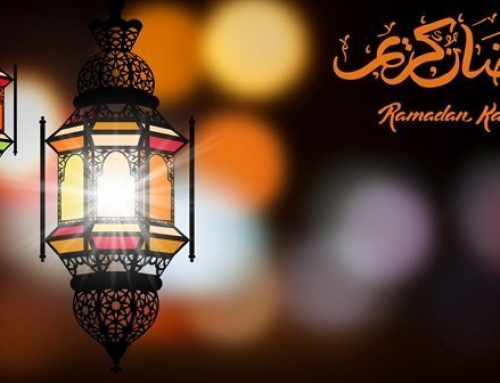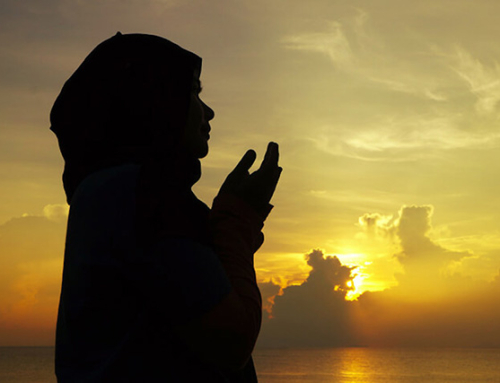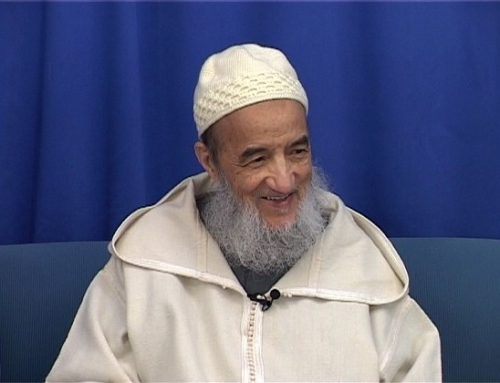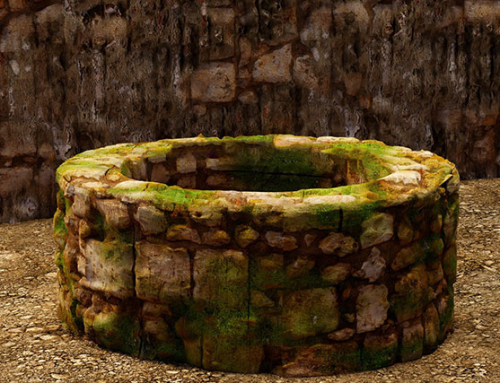Abdelhak Bzioui
July 10, 2015
Islam is the faith of giving
Giving is the proof of honesty and devotion. The latter, in turn, reflects piety. Then, honesty and piety culminate into Ihsan, the highest rank on the scale of worship. It is a stage by which the believer wins God’s grace, the utmost aim of every earnest believer.
The Prophet Mohammad – God bless him and grant him peace – used to be the most giving and the most generous and more so in Ramadan. He used to give like someone who does not fear poverty, and so did his companions after his passing. His most trusting companion Abu Bakr As-Siddik – may God bless his soul – once donated all what he possessed for the sake of God and His Prophet. When asked by the Prophet – God bless him and grant him peace – what he left for his household, he replied with deep conviction “I am leaving God and his Messenger for them”. He apparently was sure that by so doing, he got engaged in the most “lucrative trade” with God to whom belongs the dominion of the heavens and the earth and all what is between them.
Manifestations of Giving
One of the most important manifestations of giving for God’s sake in the blessed month of Ramadan is presenting food to those who are fasting, to relatives or friends. It is a great act that brings the believer nearer to God. The Prophet – God bless him and grant him peace – said “whoever feeds a fasting person, is expiated for his/her sins, is saved from hell fire and is rewarded like the fasting person with no subtraction from his/her reward”. This hadith was narrated by Al-Tirmidi. Imam Abdessalam Yassine – may God bless his soul – stresses that “everyday giving of food to the believers is our Prophet’s tradition”. He suggests that “the ordinary tables loaded with all sorts of gorgeous foodstuff laid for those heedless to God’s signs must be replaced with the spirit contentment. Sharing food following the prophetic manners is something through which God brings hearts together”.
Giving in Ramadan extends to non-material sides. The Prophet– God bless him and grant him peace – said “smiling to your brother (in Islam) is a sadaqa (charity), standing up for what is right and against what is wrong is a sadaqa, leading the lost is a sadaqa, guiding the short-sighted is a sadaqa, removing stones, thorns, and dead bones from walkways is a sadaqa and pouring out of your bucket into your brother’s bucket is a charity”.
Non-material giving also includes excusing those who have wronged us. The observer of the fast can grant his/her forgiveness to those who have done them wrong or mistreated them. Ibnu-l-Qayyin stated in his book Madarij As-Salikin that generosity has ten ranks, the seventh of which is being generous enough to forgive those who have hurt your pride and meddled with your honor. He cited the outstanding example of Abu Damdam, a companion of the Prophet– God bless him and grant him peace. Every morning, Abu Damdam would say “O God! I have nothing to donate for your sake. Therefore, I give my pride as charity. I forgive anyone who insults or slanders me”. Then the prophet – God bless him and grant him peace – said addressing his companions: “who of you can be like Abu Damdam?”



